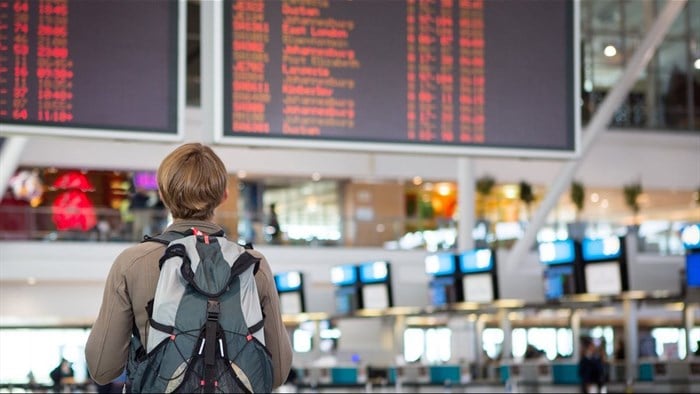Travel and tourism can play a key role in resuscitating economies

The importance of a healthy tourism industry to the global economy is very clear, says Chiravadee Khunsub, director of the Tourism Authority of Thailand. "One-tenth of the world’s economy is already significant, but, for many countries, the portion that tourism contributes to their individual GDPs is even greater."
She says that Thailand, for example, attributed nearly 22% of its GDP to tourism in 2019. By comparison, only 3% of South Africa’s GDP came from tourism during that period, but it also employed close to one of 20 working adults. In a country such as South Africa, where unemployment is such a massive concern, tourism fulfils a very important function.”
Reducing Covid-19 impact
She adds that the Covid-19 pandemic, which devastated both the local and global tourism industry, left a lasting effect on the economies of a vast number of countries and it’s now time to start reducing the impact. "In light of Tourism Month celebrated in September, and World Tourism Day on 27 September, we believe that reviving the global tourism industry should be top of mind for people everywhere.
There are many great initiatives by both private and public bodies to rebuild and lift the industry, so raising awareness of these activities will go a long way towards restoring the tourism sector to pre-pandemic levels.”
One example of an initiative that has already seen success, is the Tourism Authority of Thailand’s Phuket Sandbox plan - a model that allows travellers from low and medium-risk countries to enter Thailand without quarantine. "However, travellers must be fully vaccinated and comply with Covid-19 testing, mask and distancing regulations."
Importance of collaboration
The plan has already seen great success, due to the fact that the island’s efficient pandemic protocols, and the fact that tourists have seen the value of being the first travellers to return to this destination. "The plan is now being rolled out in other provinces as well. In addition, we are placing a much bigger focus on sustainable tourism.
"As part of its post-pandemic recovery, Thailand wants to promote environmental-friendly activities for its tourists. In the last 18 months that tourism has been paused, the natural environment has recovered incredibly well, to the same condition as 20 years ago. Preserving this progress is something that we have now made a priority.”
Khunsub notes that this is the result of close cooperation between private businesses and government. "The boost in tourism that we have seen can be directly attributed to how well all of the stakeholders have worked together. The island’s vaccination program has been very successful and pandemic protocols are well thought out. This shows exactly how well it works when there is cooperation.
"With the world now needing to focus on restoring tourism, she states that there is room for innovative ideas that can help the sector adjust to a new world. “The pandemic has certainly changed the world, but it hasn’t robbed us of opportunities to travel. With the right input, tourism can grow to become even more important to the global economy than ever before," cocludes Khunsub.






